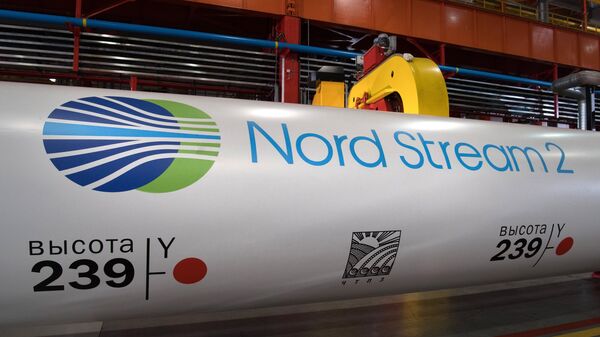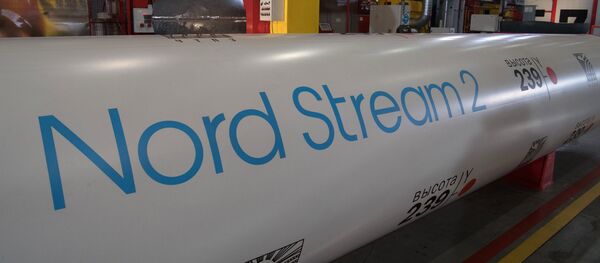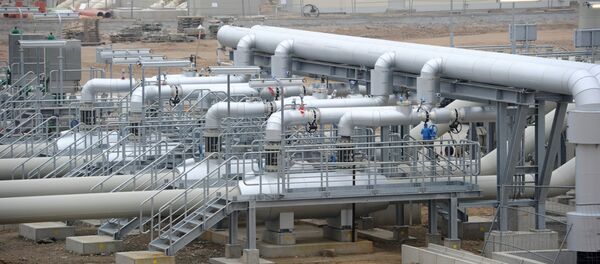"The existing pipeline capacity is not fully exploited – the potential is 228 billion cubic meters and only about 140 are used. Why to build a new pipeline if the available capacity is not fully exploited?" Marciniak said.
According to the ambassador, the perspective of an increase of the Russian gas export to Europe is not clear.
"If the project is unsubstantiated from the economic perspective, at least there are no convincing arguments from the Russian side … what is the reason for its implementation," Marciniak added.
Russia and some EU partners have been seeking to build the Nord Stream 2 gas pipeline to further reduce dependence on transit via Ukraine. The pipeline is planned for 2018. It aims to deliver up to 55 billion cubic meters of natural gas from Russia to Germany annually via the Baltic Sea. Russian energy giant Gazprom has a shareholder agreement to extend the existing Nord Stream with partner European energy firms.




